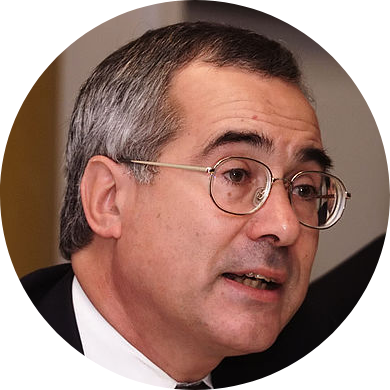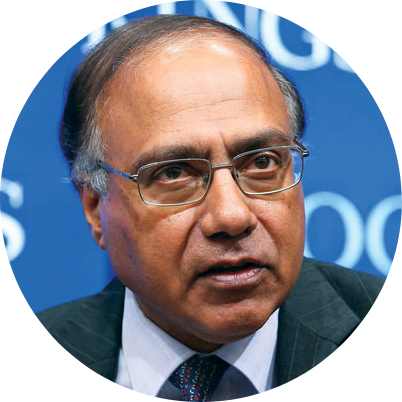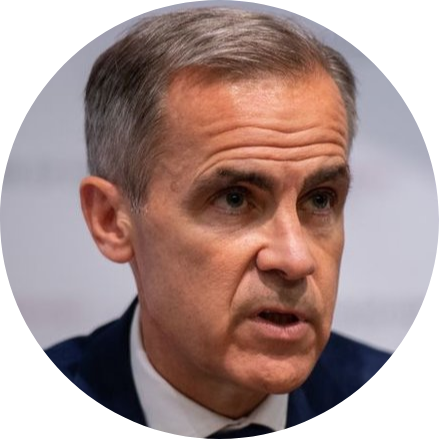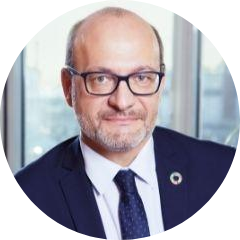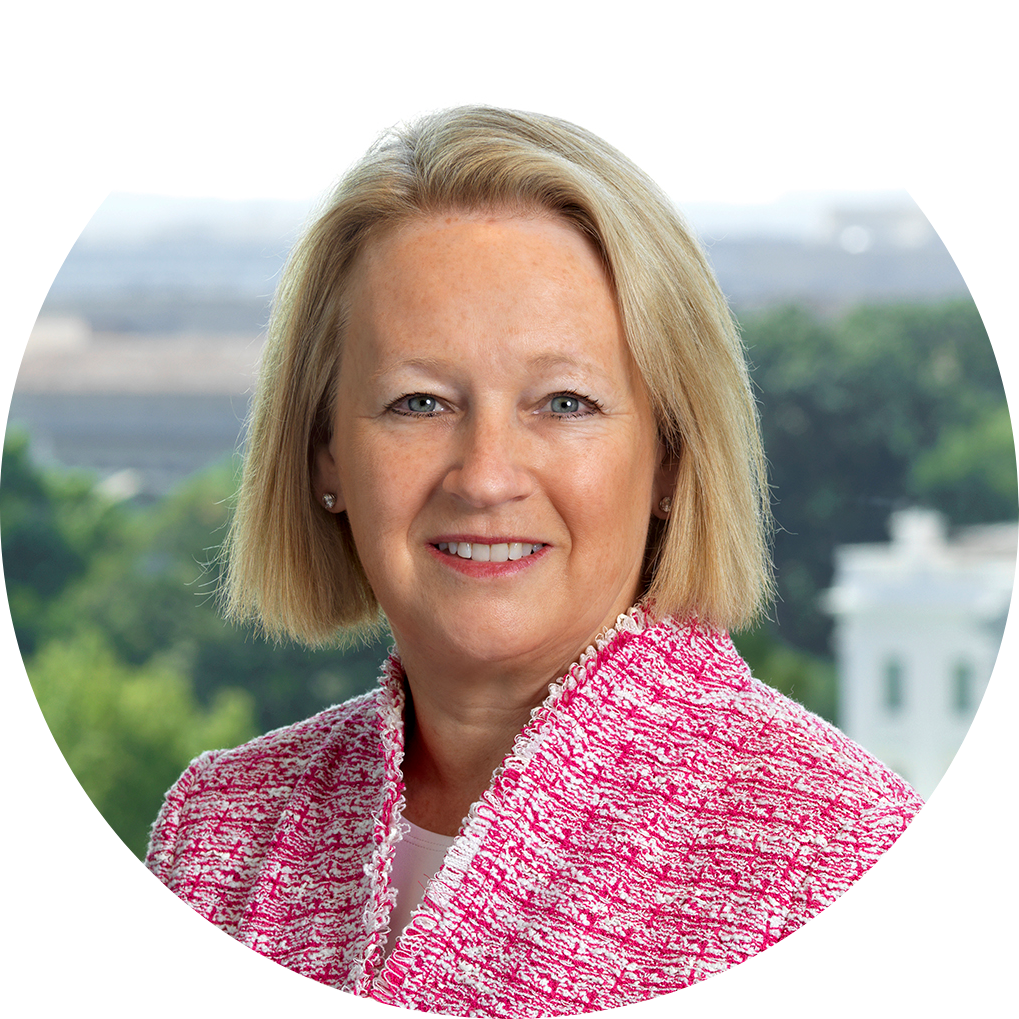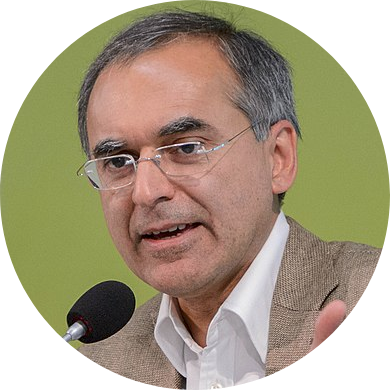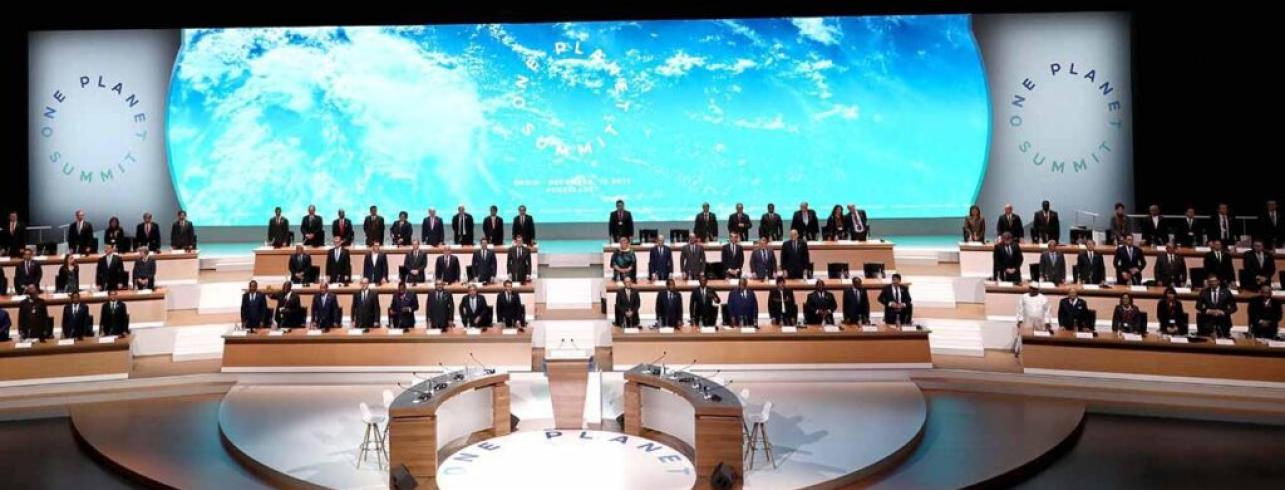
One Planet Lab: Activities 2021
The world has just gone through a massive and unprecedented crisis: a global health crisis whose social and economic consequences are far from behind us. At the same time, our societies are not yet adapted to the current global change in our environment. Yet there are many warning signs: the latest IPCC report and the recent UN Emissions Report 2021 show that we are on track for a catastrophic global temperature increase of around 2.7 degrees Celsius. Awareness has never been so strong and yet the efforts are not matching the needs.
Increasing collective mobilization and strengthening the dynamic of collaboration between public, private and citizen actors is thus at the heart of the reflection carried out this year within the framework of the One Planet Lab. Its experts and actors are thus committed to the following areas of work:
Collaborating on Carbon Pricing: Challenges and Steps to Decarbonize Our Economies
Consistency between the carbon neutrality policies and strategies implemented at the national level is a key element in meeting the overall ambition to reduce emissions, and in particular that of carbon pricing policies. Objectively redefining the terms of the debate, the geopolitical and technical issues as well as the appropriate instruments are part of the objectives of this work.
Unleash the potential of blended finance
The financing of the ecological transition must be based on a joint effort between public and private partners. For several years, many institutional and private actors have highlighted the potential of mixed financing to accelerate investments in favor of the climate, biodiversity or development without defining the guidelines. The work of the Lab thus aims to provide a framework for legitimate action to mobilize public funding for these purposes.
Find the presentation of the report of the Lab's work and the full report.
Financing the agro-ecological transition
As the agri-food sector is one of the main sectors having an impact on biodiversity and the climate, it is also dependent on it and a source of solutions to combat climate change and the loss of biodiversity. At the heart of the convergence of the climate & biodiversity agendas, a massive and rapid change is conditioned by the mobilization of the financing, in particular private, necessary to support companies and farmers in their transition. This work will aim to identify existing mechanisms and create to initiate a transition on a larger scale.
Developing the circular economy internationally
Awareness of the limits of current consumption models has never been so important in society. Although the circular economy is one of the keys to the transformation needed in all sectors, it remains only at the conceptual stage in international action on the environment. This work seizes the opportunity to rethink the value chain and identify areas for improvement for a higher level of traceability.




